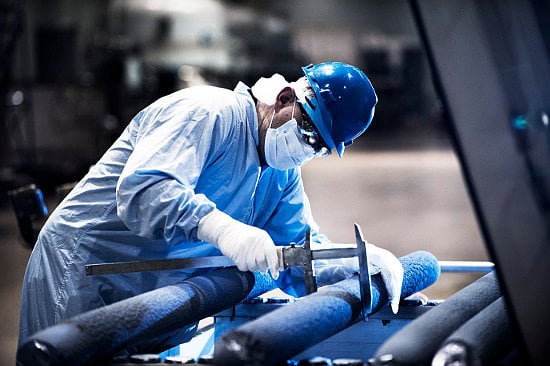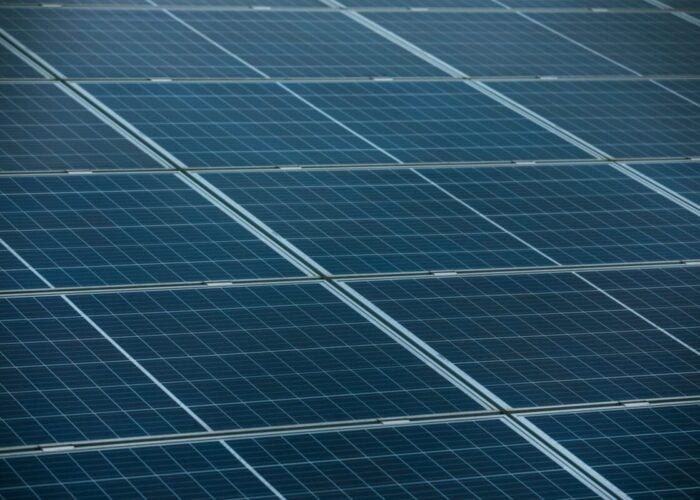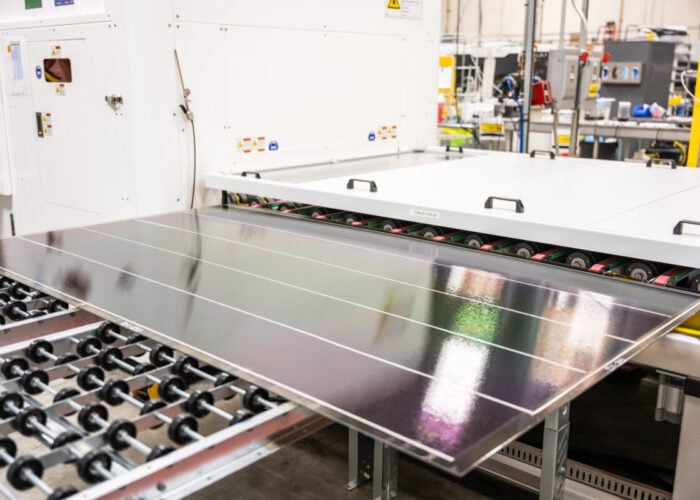
Updated: Polysilicon producer REC Silicon has surprisingly terminated it supply chain partnership with US PV manufacturing start-up Violet Power, claiming it would best serve its shareholders by focusing on doing business with “established, proven, active and relevant solar supply chain partners”.
REC Silicon claimed that there had been a major change in the political support for solar energy in markets such as Europe and the US, with emphasis on supporting a complete indigenous supply chain within these markets to reduce the significant dependence on imported raw materials through to finished PV modules.
Unlock unlimited access for 12 whole months of distinctive global analysis
Photovoltaics International is now included.
- Regular insight and analysis of the industry’s biggest developments
- In-depth interviews with the industry’s leading figures
- Unlimited digital access to the PV Tech Power journal catalogue
- Unlimited digital access to the Photovoltaics International journal catalogue
- Access to more than 1,000 technical papers
- Discounts on Solar Media’s portfolio of events, in-person and virtual
Within the 27 EU member countries, for example, green energy initiatives intended to meet already ratified EU climate change policies that include achieving 55% of energy consumption by 2030 from renewable energy resources, predominantly wind and solar will need to be supported.
The European Commission is expected to publish a report in June 2021 to provide consultation and guidance on how the EU will need to support the complete solar industry supply chain to achieve the lowest carbon footprint at competitive prices and investments to meet the 2030 targets.
The EU has major obstacles to overcome in re-establishing a complete solar industry supply chain, including polysilicon, ingot/wafers, solar cells and module assembly that meet low carbon requirements at cost competitive levels.
According to Norway-headquartered REC Solar, it “anticipates additional policy support for alternative supply chains and sustainably made solar materials and lower carbon solar panels, in the near term.”
How that differs from its agreement with Violet Solar is unclear as the partnership was intended to enable Violet Power to build a state-of-the-art manufacturing facility (cells and modules) that would be co-located with REC’s existing Moses Lake polysilicon plant, while investing in producing both n-type monocrystalline ingots and wafers for the US start-up.
REC Silicon also said it was working with the US-based Ultra Low Carbon Solar Alliance as a member, as it included “a group of established and proven solar companies [working] on various policy and communication initiatives to realize the growing opportunities for a sustainable solar supply chain [in the US].
However, the alliance only has two silicon-based PV manufacturers listed as members, Q CELLS (South Korean) and Meyer Burger (Switzerland).
At time of publication, Violet Solar had not issued a statement regarding REC Silicon’s decision to terminate the agreement.
Update: Violet Power has since claimed in a statement that it terminated the strategic alliance with REC Silicon in March 2021, countering a press release issued by the Norwegian-headquartered polysilicon producer.






